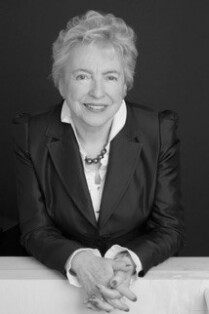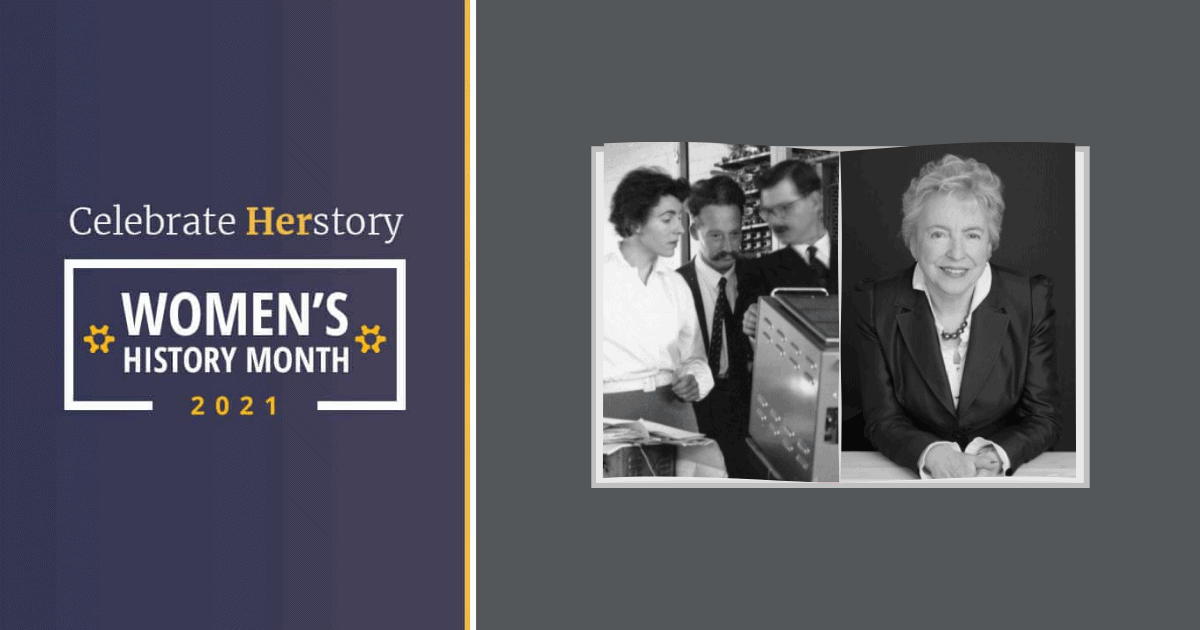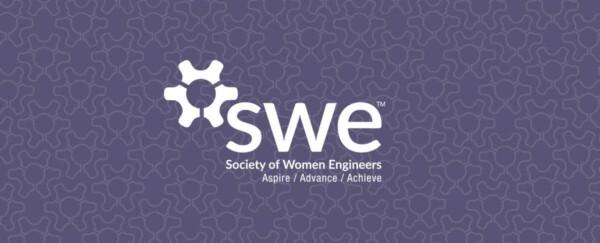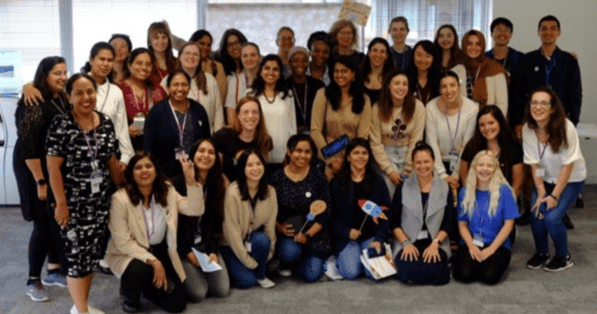
The recent increase in women in technology speaks volumes of the strides we are making in equality, but there is still much ground to be covered. This anecdote shines the spotlight on one of the inspiring women who is paving the path for women in tech. She serves as a great example for young women everywhere including me.
She is Dame Stephanie Shirley.
The life of this 86-year-old entrepreneur is explicitly the one, espousing example of women’s right to be regarded as equals in the workplace. She started a software company in 1962 that employed only female programmers.
“Perhaps, when you’ve been on the sharp end of a battle for decades, it is actions, rather than the language used to describe the fight, that matter most”, she says. Shirley is used to fighting. She arrived in London “petrified and weeping” at five years of age, after leaving Vienna on the Kindertransport. With an apparent aptitude for math, she secured a job at the Post Office’s prestigious Dollis Hill research station at 18 and found herself passionate about computers. “When I first started [in the workplace] I was patronized, as women were, but when I began to make it clear that I was pursuing a vigorous professional career, then it became a more anchored position to keep me out,” she remembers.
Shirley knew her work was good enough to get her promoted. But again and again, the promised promotion never materialized. The discrimination, she says, was “quite overt.” At 29, she set up her own software company from her dining table. Freelance Programmers was a company of women and for women, dedicated toward creating an arena where women could manage their home and professional lives. To do that, she says, the business had to be “family friendly in the extreme”, with flexible hours. Many of her female employees had left work after getting married or having their first child but they all had good degrees.
It wasn’t as simple as it sounds. Those were the days when women couldn’t even open a bank account without her husband’s permission. She took to sending out letters touting for business signed as “Steve” rather than “Stephanie”, after discerning that using her own name wasn’t improving her company’s credibility in this world. She acknowledges that she was terrible at the finance side of things, which held her company back for years. “I was scared of money,” she says. “I don’t think it was about undervaluing the work, it was just sheer ignorance. I thought it was quite acceptable to buy a unit of labor for a pound and sell it for one pound fifty. And it just doesn’t work.” It took her 25 years to appoint a finance director. Eventually, the team worked on the programming of the black box flight recorder used in Concorde and thrived in business. Shirley elavated her company in 1993, which made her and 70 of her loyal staff, millionaires. Even today, money does not tend to hold much heed for her. She says successful entrepreneurs are rarely in the game for that reason. “The money comes from doing something we really adore.”
In many ways, her success came at an exceptionally high cost. Shirley’s late son Giles was autistic but she raised him and established a world-class software company with next to no childcare. “The culture was if you didn’t rear your own children you’d have a juvenile delinquent,” she adds. Given her son’s exceptional demands and the pressure of business, she was working 24/7 under colossal stress. The saving grace was the warmly collegiate atmosphere that she says underpinned the success of her team of female programmers. With good staff of either gender, Shirley says, female-run startups will survive, “and the good employers do now work hard for diversity, which is proven to improve innovation.”
Hunting for ways around obstacles is also a technique she has deployed. “When I started, I was very aggressive. I learned to charm my way through a little bit, and I also tried to find innovative solutions.” Today, she’s an awe-inspiring philanthropist who is involved in a myriad of autistic charities and foundations.
Besides all this, it’s the GRATITUDE she possesses that makes her so influential. She always paved the way to make opportunities for others. She gave back to the people who helped her realize her own dreams. Gratitude is often an underrated quality and yet always appreciated. It shows that you care for another employee and value them. So do say “thank you” to your colleagues, direct reports and superiors alike. And if you forget, send a quick message thanking them for their efforts. There’s no time limit on gratitude.
She is pragmatic about her growth – as an entrepreneur, as a philanthropist in retirement. “I decided to make mine a life that was worth saving,” she said in her TED talk. “And then I just got on with it.”
A woman like her instills in us ambition to keep moving forward despite the hindrances.
Related content:
- Women’s History Month Through the Scope of SWE
- How to Show Sincere Gratitude as a Leader
- On Engineering in Crisis from India: Choosing Gratitude
- Women Engineers Start “Solidarity Engineering” to Improve Life at Migrant Camp
- Research Highlights from “Women and Technology: The Dimensions of a Revolution”
- Investing in the Future of Women in Technology
Author
-

Swetha Manickavasagam is a Master's student in Electrical Engineering at Arizona State University, SWE FY22 Global Ambassador and a SWE Leadership Development Program Recipient for FY22 . She graduated from R.M.K.Engineering College (Anna University) in 2020 with her bachelor’s in Electronics and Communications Engineering.






